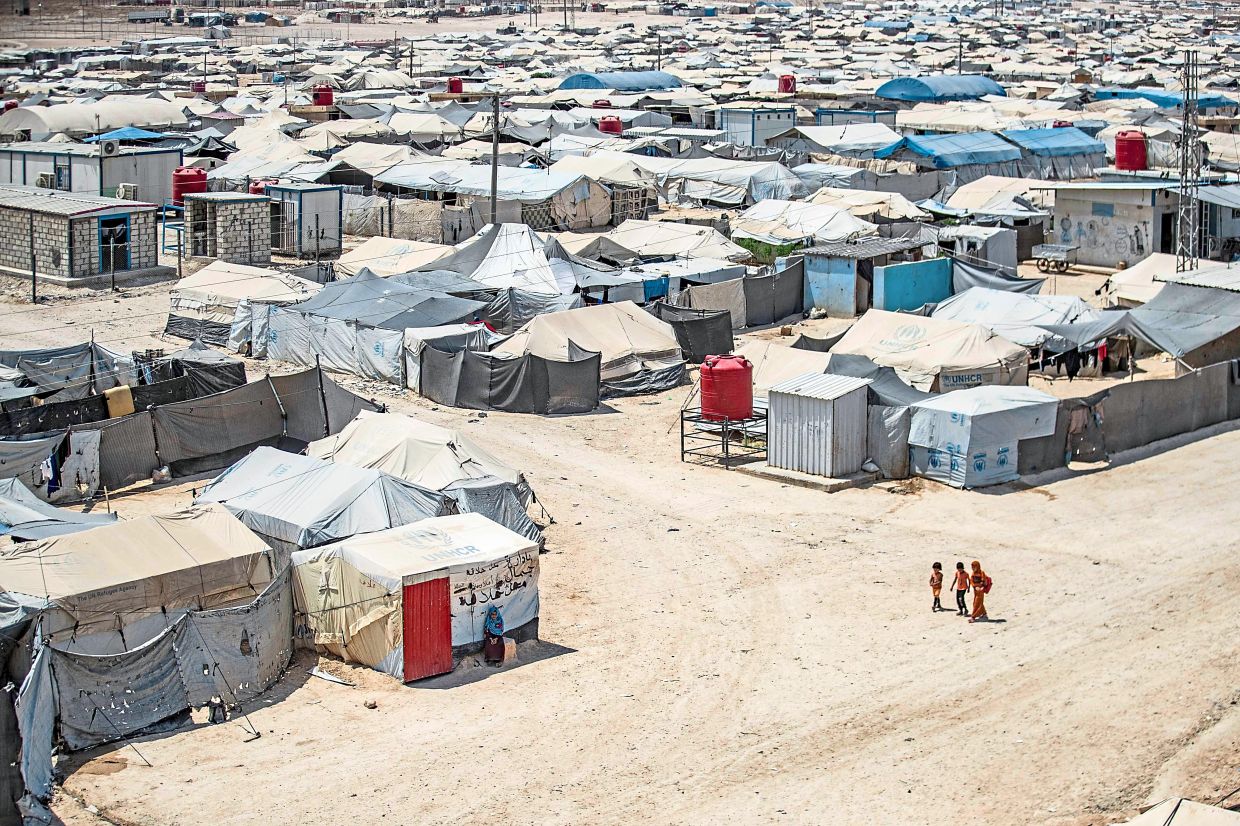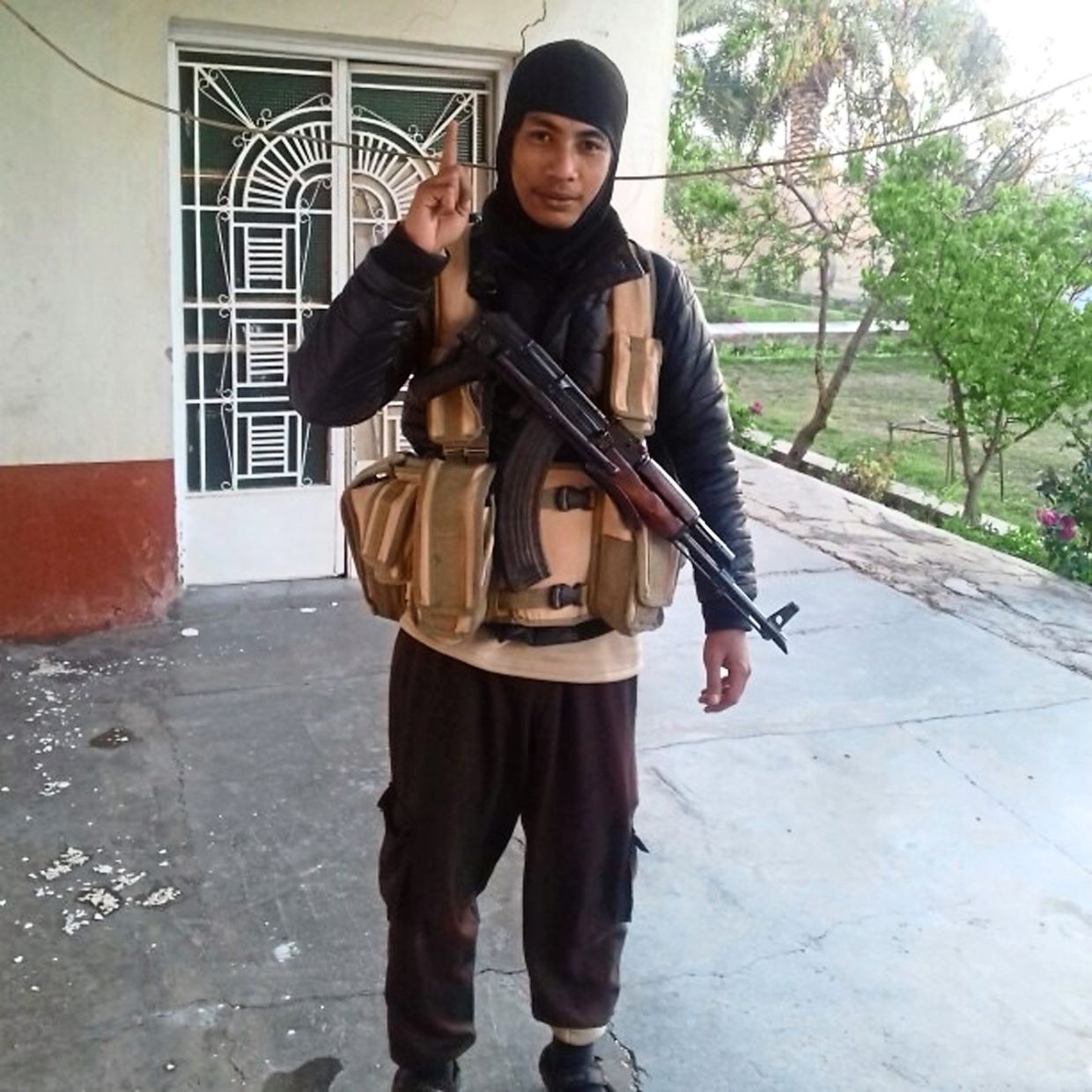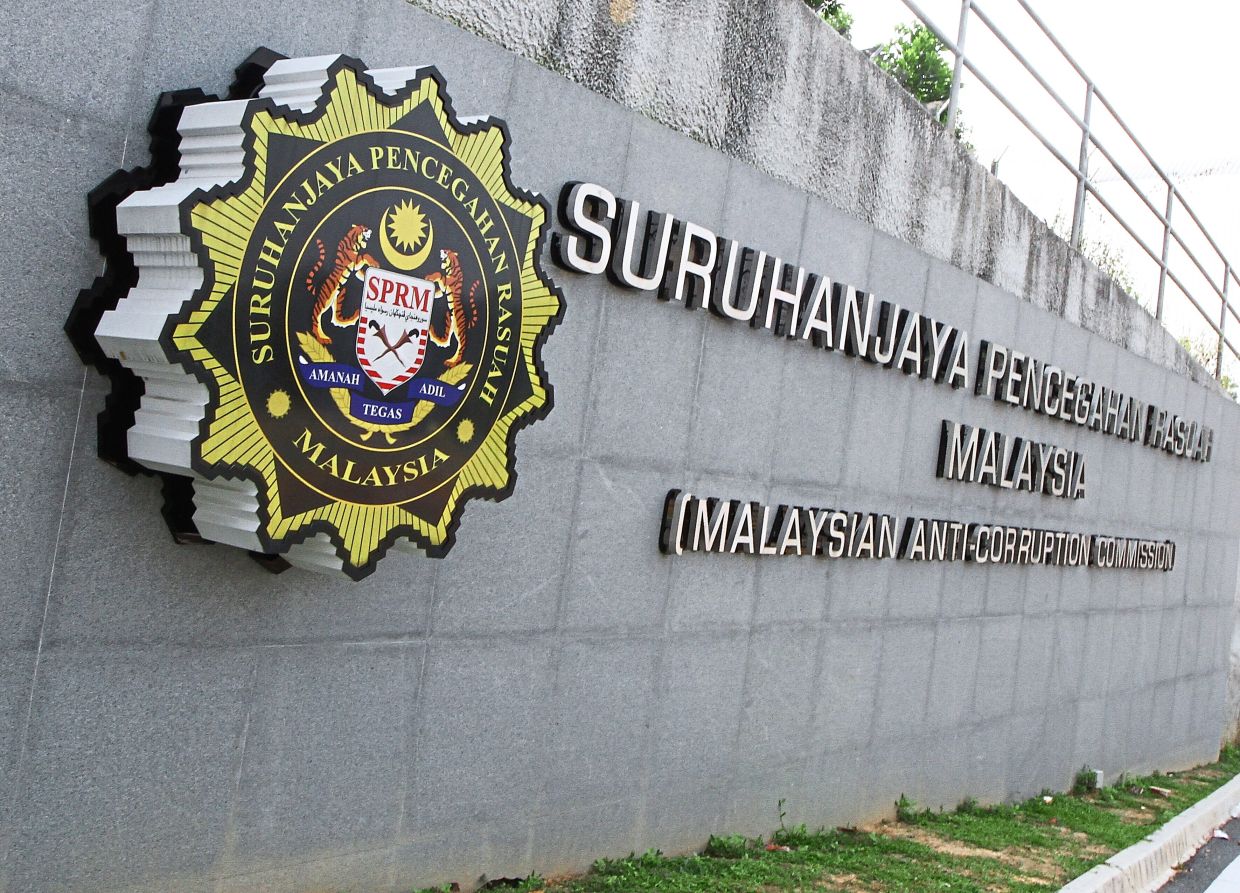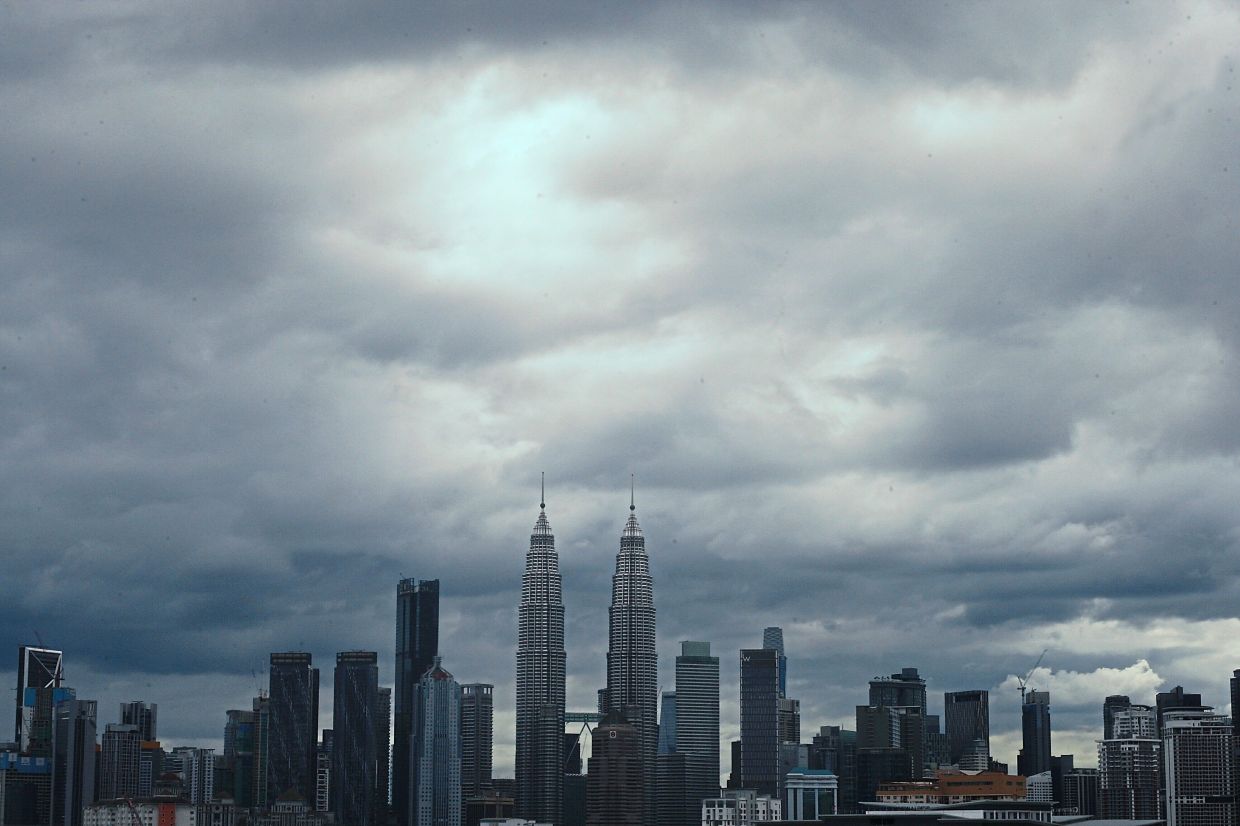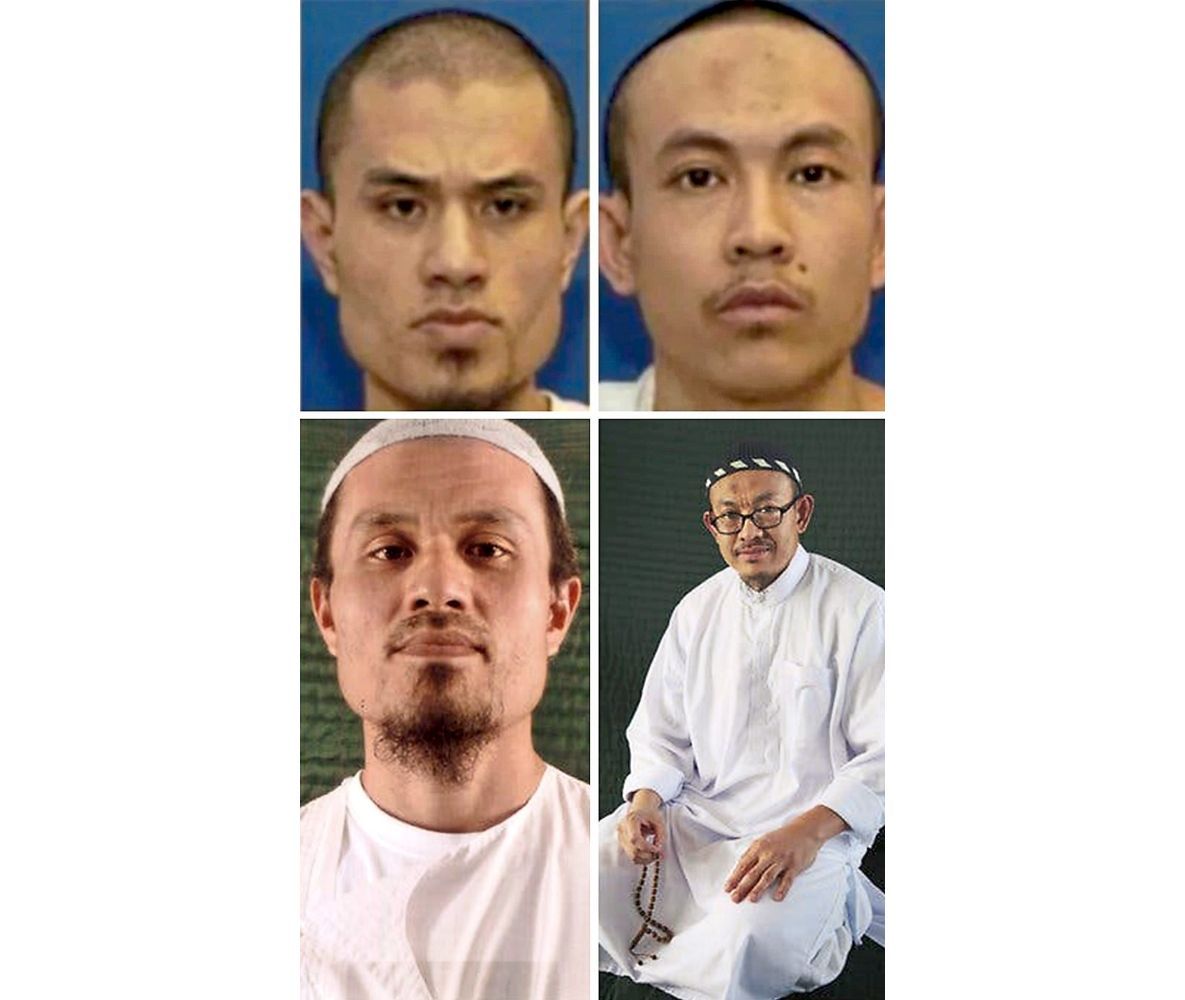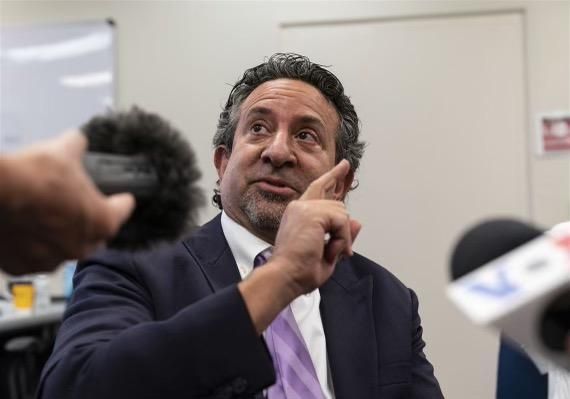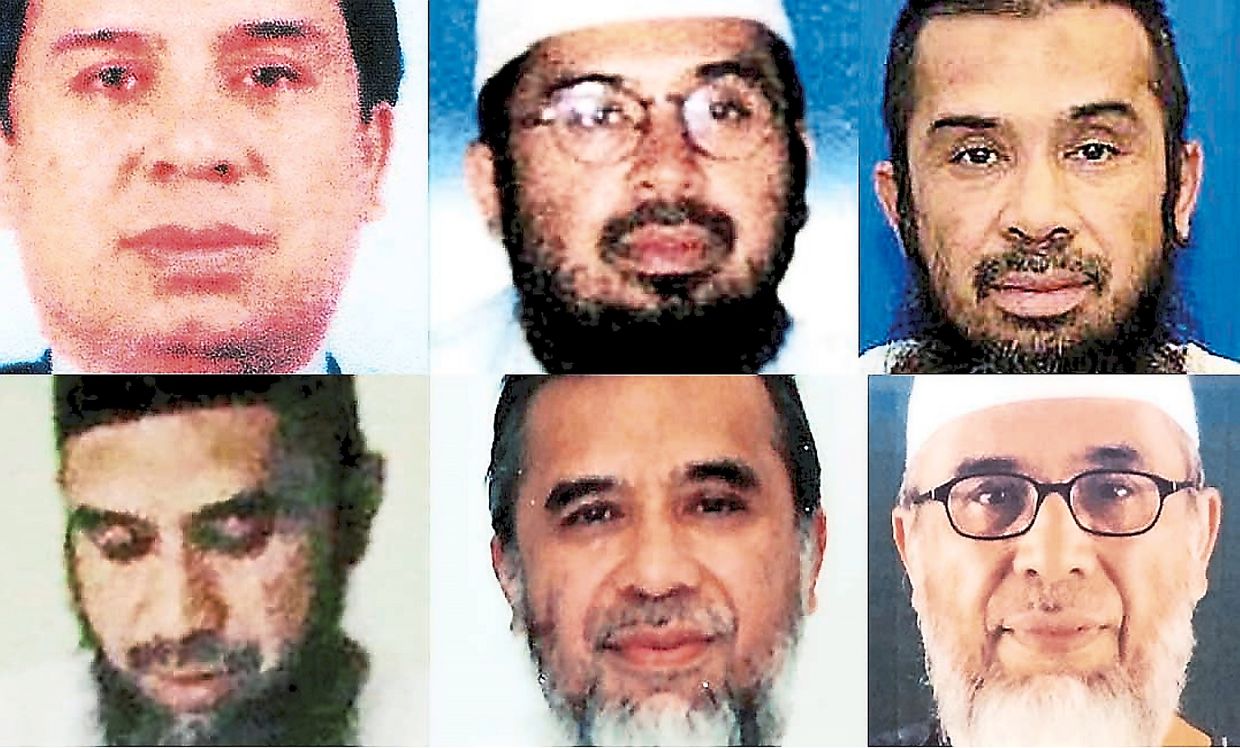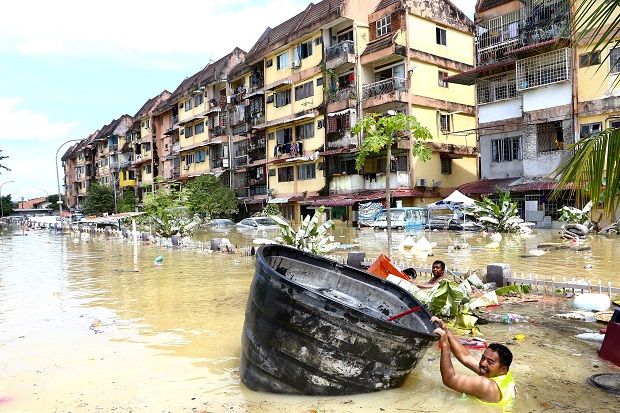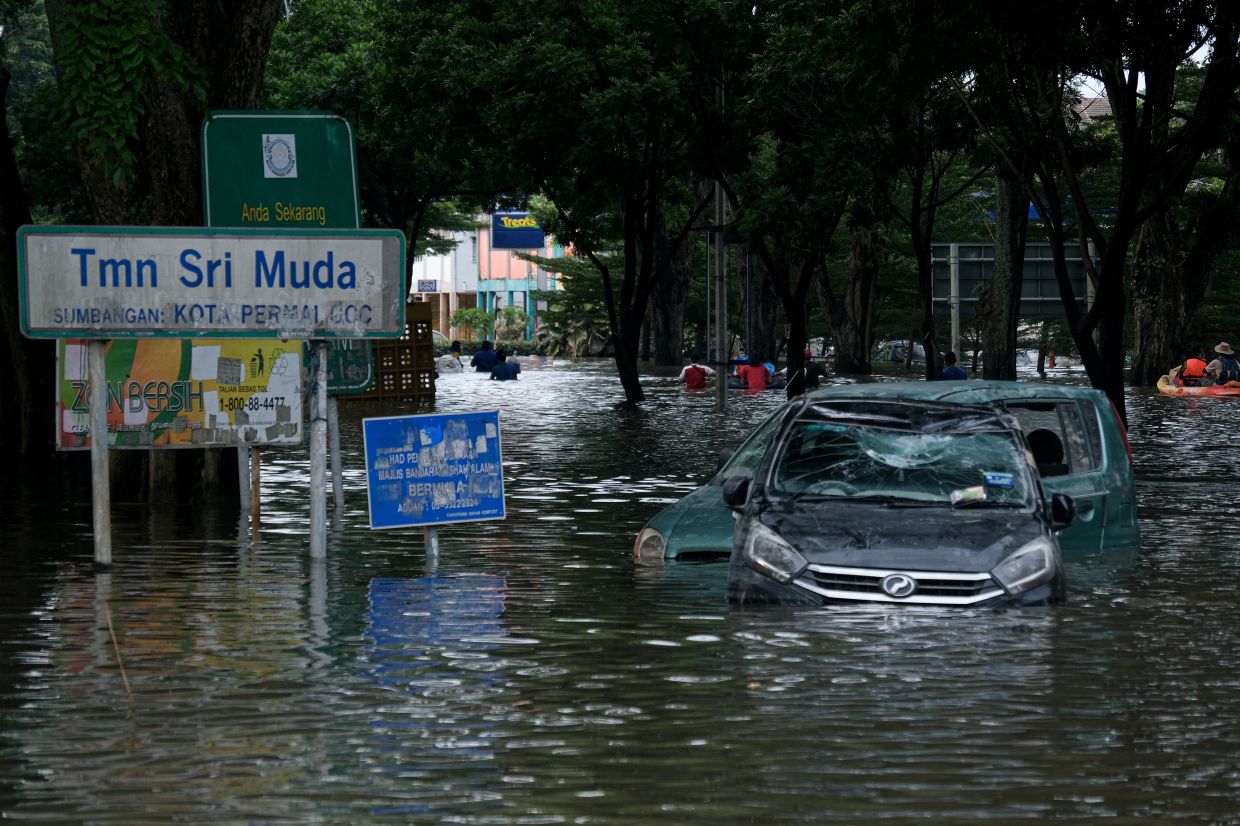WHEN politicians and public figures are in a spot, they’ll find ways to squirm their way out. It’ll be flimsy excuses ranging from the boring to the ludicrous, but that won’t stop these beleaguered personalities.
After more than three decades as a journalist, I have my list of desperate attempts by politicians, mostly to escape from embarrassing situations. They might sound tenuous, but the jury is out.
The most common SOP is – stop the press – to end the mire of sticky situations. Naturally, blaming the press is the most convenient escape plan.
Usually, the subject claims he or she has been “misquoted” or that the comments have been “taken out of context.” Of course, in a recent situation, a politician set a new benchmark – “Where are you from? China, no wonderlah”. He insinuated the reporter didn’t understand what he was saying.
But my most memorable experience was when a federal minister claimed I had misquoted him (what’s new?), and when I produced my recording as evidence and to end the dispute, he sheepishly replied, “Well, I may have said it, but I didn’t mean it.”
Then, of course, our politicians like blaming external forces, which can be a foreign country, foreign media, foreign agent, or a foreign wife. It’s always mundane and unimaginative – “they are jealous of us.”
It used to be these foreigners envying our achievements but since the monstrous 1MDB corruption scandal, I’m not sure if there are other sources of envy for them.
Tun Dr Mahathir Mohamad is a notorious serial recalcitrant when it comes to disparaging the Jews, so much so that he is deemed anti-Semitic.
He has claimed Jews ruled the world by proxy and has blamed financier George Soros for undermining Asian currencies.
Dr Mahathir may have probably blamed Barbra Streisand for bad singing or Dustin Hoffman for poor acting, too. Oh wait, did someone say Waze is a Hebrew word meaning free map? Holy moly!
In one National Day message, the former PM blamed foreign powers continuing with their schemes to recolonise the country. Of course, he has also blamed other races for their economic situation.
But the most creative scapegoat must be chopsticks. It’s their fault – they are envious, that’s why they keep chopping us and sticking all kinds of things on us. No one should use chopsticks. It’s better that all Malaysians are hands on. Use your hands.
Well, the American and European politicians are no better. They now blame China for everything, from the coronavirus they claim was made in a Chinese lab, to the disappearance of countless dogs from the face of the earth. Maybe the Chinese ate them all.
In Malaysia, another favourite or easy route is to claim that these allegations are politically motivated. That’s archaic, and surely there must be a more convincing way of absolving someone of blame.
We would surely expect such justification, inane as it may be, from politicians, but not from civil servants. Such witless rebuttals are as good as politicians accusing their nemeses of playing politics. If politicians are not in the game of politics, then why would they bother?
If all else fails, politicians always employ a tactic to stay uncommitted and remain coy by saying something which basically says nothing.
So, be it in Parliament or when answering the media, we are used to hearing their soundbite “we will look into it,” which only means they will deliberate on the issue but ultimately do nothing about it, a euphemism for inaction. Another de rigueur response to the media is “noted”, which also means an acknowledgement for doing diddly-squat.
There are better ones like “the matter is still being studied” which, when simplified, means it will be examined but will invariably gather dust or be lost in the archives.
Politicians in many countries find it easier to apologise to appease the public and to prolong their shelf life, but in Malaysia, sorry seems to be the hardest word (Thanks, Sir Elton.) Apologising is a major defect or well, a political impotence to our alpha male politicians. Elsewhere it’s regarded as a strength.
So, we have a catastrophic fiasco in the poor management of the recent floods but no apology. No one stepped up to be accountable nor apologise. Forget about Japanese style harakiri (ritual suicide, mostly in admission of blame), but shift the blame “kiri dan kanan” (left and right).
The most effective way in Malaysia seems to be by staying silent, weathering the storm and hopefully (and usually), Malaysians will forget. A fresh issue will crop up and the controversy will be yesterday’s news.
Or stay defiant, don’t buckle and stay put with the job. What garden leave? It doesn’t apply in Malaysia especially when half of us don’t even know that term.
It’s also odd for public figures to call for a press conference where the subject reads out loudly from his prepared text – and then tells the press that no questions would be entertained!
If that’s the case, why bother calling for a meet-the-press session? They may as well just post the statement on Facebook or other social media platforms. Despatching the release via email would do, too.
Haven’t the officials briefed their bosses about most media outlets now running on skeleton crews because of cost control, or reporters just working from home now since most of us are wary of contracting Covid-19 from crowded functions? SOPs are often not enforced at these events, exposing media personnel to politicians who meet over 100 people a day. In a nutshell, politicians are a health hazard.
Well, incredibly, Tan Sri Abu Zahar Ujang, the chairman of the Advisory Board of the Malaysian Anti-Corruption Agency, also refused to field questions at a press conference after claiming the media misquoted him at an earlier press conference, on Jan 5, which he alleged had created much confusion and tarnished MACC’s image.
He refused to take questions, noting the five-page press statement sufficed. It was an improvement. The Jan 5 press conference had a 13-page statement, but it didn’t answer what the media wanted.
Then, there are artistes and celebrities who have benefited from media coverage, but when their private lives come under scrutiny, often via their own fault, they blame and berate the press, saying no one should report on their personal lives. Suddenly, they forget that they’re public figures and that there’s always a cost to the celebrity life they crave.
It’s the same with staff from marketing or corporate affairs departments who go on their knees for help when their bosses are in trouble. These guys, who wax eloquent about algorithms, data and social media influencers’ impact, suddenly don’t know what to do for their clients.
Oops! That’s another story and this has run off course. But the moral of the story is, learn how to work with the press, and don’t be quick to write us off or treat us as scapegoats to save your skin.



